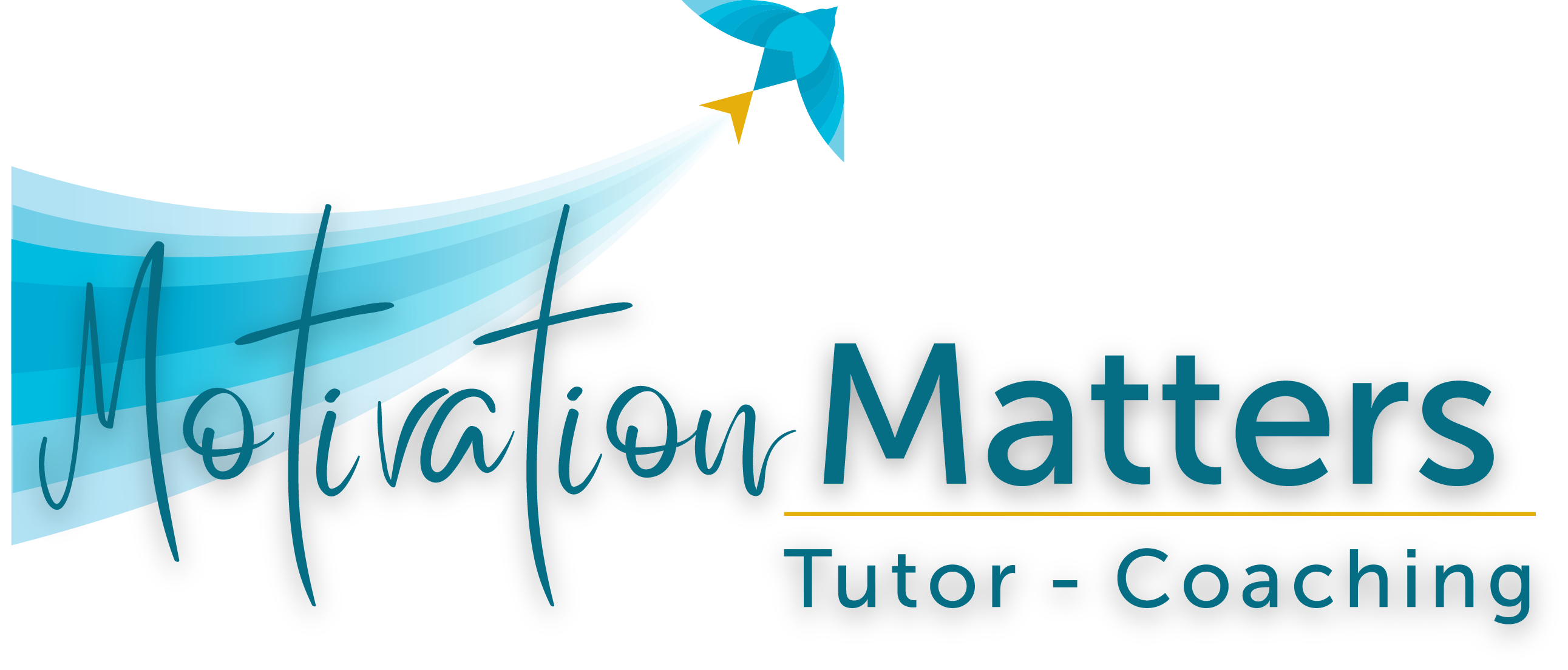Ever struggled to recall a name or fact? Misread or misspelled something? Gotten confused? We all have. These are normal thinking errors. They can come from poor methods as well as poor nutrition.
For those with dyslexia and ADD/ADHD, common struggles like these spread over whole skill areas. With Dyslexia, a learning issue, attention, reading, writing, spelling, math, memory and/or motor skills may be challenges. Those with ADD/ADHD, a neurological matter, have issues with attention, hyperactivity, impulsivity, planning, organization, and time management.
The Eating Connection
While diet can diminish anyone’s attention, thinking, and memory, the impact can be even greater for those coping with ADD, ADHD, or Dyslexia. To make matters worse, Dyslexia and ADD/ADHD often co-exist. And there’s a common link.
Children with these issues are often picky eaters. If you think about it, that makes sense. Picky eaters refuse many of the foods that are good for their bodies and, therefore, their brain as well. What they like are all the snack foods, sugary foods, and high carbohydrate, processed foods that we know should be small, not major parts of a healthy diet. These foods hype up our biological system. And that includes the brain.
Poor diet choices can make us mentally hyperactive. So, where the body fidgets, the brain becomes a pinball marble, pinging randomly and missing the connections that matter. That makes learning and neurological issues worse. And, the poor diet and/or disconnected thinking patterns can continue into adulthood.
These patterns can also spill over into other life areas. Those who don’t eat well often have other lifestyle issues: poor sleep, exercise, and stress management methods are frequent partners. But this is all good news! Life style is a matter of choice and that can be changed!
Lifestyle Support
Think of you and yours as brain athletes in training! It takes skill and physical conditioning to win games. That’s true in the mental arena as well. All thinking skills, self-control, and focus efforts are supported or sabotaged by physical wellbeing.
You’re the coach. It doesn’t matter if your team is children, adults, others, or yourself: your choices and overall approach can make things the same, worse, or better. But rest easy: with a good training plan, better will be the outcome! Here are 4 ways to support the growth you’re after.
Change the diet.
You are what you eat may be a bit strong, but certainly what you eat affects the way you are. The truth is that making simple dietary changes can lessen brain-controlled challenges. Here are 8 ways to feed the brain for better thinking and learning:
- Hydrate with water.
- Fuel up at breakfast: make the focus protein, instead of sugary foods.
- Refuel at lunch: go for a healthy meal rather than fast foods.
- Go for a daily balance of proteins, veggies, and fruit.
- Get enough Omega 3: add more foods like fish, walnuts, and avocados.
- Keep daily sugar intake very low.
- Avoid foods with chemical additives.
- Eat organic whenever possible.
Get enough body care.
Diet is a major contributor to our struggles with attention, thinking, learning, memory, hyperactivity, and planning. But it’s just one aspect. Others include getting enough sleep, exercise, relaxation, and stress management. Since the brain is a physical organ, what’s good for the body is great for the brain!
Are you or the person you wish to help getting enough body care? When it comes to sleep, most of us are deprived, and our sedentary life styles make us fall far short of our exercise needs. And then there’s the many stressors that affect us all. For those with ADD, ADHD, and Dyslexia there are added pressures of conforming, fitting in, and failing. To get better thinking, add in stress relievers like music, meditation, leisure activities, anything with laughter, and more time in nature.
Retrain with positivity.
As it turns out, eating pickiness, as well as any unhealthy pattern, can come from the way the brain works. We all have neural networks that capture our food and life style tastes, aversions, pleasures, and desires. With repetition, these networks have become habitual pathways.
But, like any habit, rewiring pickiness is possible. Here your approach is critical: will power, punishment, and criticism rarely work. Instead positivity is needed. Similarly, to prompt other healthy changes, rewarding good behaviors is the way to go. A pat on the back or a treat – like social time, a leisure activity, or even a small dessert – can create a new habit pathway. Over time and with continual rewards, that’ll become the go-to pleasure and desire!
Take small steps.
Our life style choices, including diet, are the result of major factors like culture, finances, social interactions, and family patterns, not to mention the pleasures they give us. Wholesale changes aren’t realistic and are doomed because they interfere with several of these factors at once. That’s why diets and exercise transformations usually don’t work.
Instead, small changes that are maintained add up to big and permanent life style shifts. Think healthier not perfection as the goal. More water, more protein or a veggie-fruit shake, an extra 10 minutes of exercise, a calm 10 minutes of meditation, 15 minutes of extra sleep time – these are helpful changes that get results and, more importantly, lead to adding more of the same. Think of change as a staircase rather than a landing space. As the coach, begin by adding what’s easy, making substitutions when you can, and eliminating as you go. Once that’s the new norm, repeat with new level choices.
In the End…
The serious learning and thinking challenges that many children and adults face can be diminished with lifestyle changes. Here’s a success plan for making them:
- Change the diet.
- Get enough body care.
- Retrain with positivity.
- Take small steps.
Don’t miss a single IN-Powering© article!
Sign up for our newsletter to stay up to date on all things MMTC.
Don’t miss a single IN-Powering© article!
Sign up for our newsletter to stay up to date on all things MMTC.


